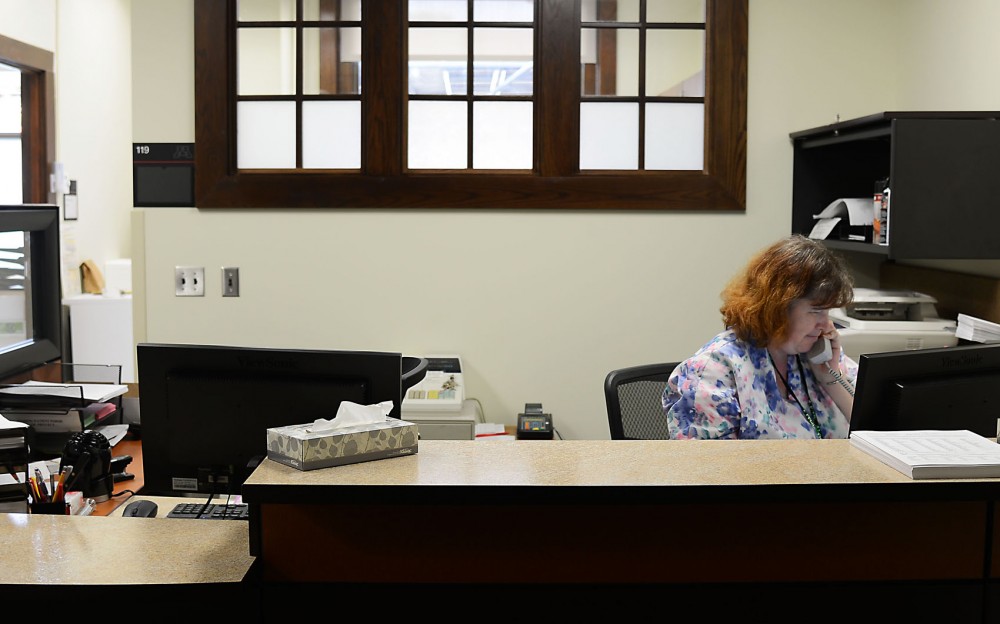Sick note requirements could be relaxed for some medical absences under a proposed revision to the University of Minnesota’s makeup work policy.
Under the proposal, which University officials hope to implement this fall, instructors can’t require verification for single medical absences that don’t require treatment. It also includes recommendations for procedures when students miss work from enrolling in courses after the first day.
The University Senate Committee on Educational Policy (SCEP) spent several months drafting the document and approved it at a meeting last month.
“This policy is one that could have the biggest effect on students and instructors,” said committee chair Sue Wick. “This one gets called upon more than anything else.”
Under the current policy, instructors have the right to request verification for all absences.
Boynton Health Director Carl Anderson proposed the changes last fall because student requests for sick notes at Boynton had become enough work for one full-time employee. The clinic receives about 100 requests for notes each day during its busiest periods, often for conditions that wouldn’t otherwise require medical attention, like the cold or flu, he said.
Anderson said the new policy would help reduce both administrative and student stress.
“It’s a workable issue for us, but I think it’s not the best use of medical resources,” he said. “But we really are doing this on behalf of students. This is really helping students to not have to jump through hoops.”
During discussions about the revisions last semester, some said they were worried students would abuse the change.
SCEP member and supply chain and operations associate professor Rachna Shah said she personally isn’t concerned. Faculty members should trust students enough to believe them when they say they are sick, she said.
Under the draft policy, instructors would still be able to request verification for recurring medical absences and have the discretion to judge when a student has missed too much work to realistically make up, Wick said.
“We’re trying to balance policy between rights and needs of students, and rights and responsibilities and needs of instructors so that nobody is taking advantage of the other party,” Wick said.
Last fall, Student Conflict Resolution Center Assistant Director Michael Huyen asked SCEP to consider updating the makeup work policy to protect students who enroll in courses after the first day.
In response, the committee included a recommendation in the draft stating that when students join a course after the first day of class, instructors should — but are not required to — inform them if they “plan to hold students accountable to make up work they missed before they were registered.”
Students are allowed to join courses during the first two weeks of the semester without penalty, but the current legitimate absence policy doesn’t include classes missed if a student isn’t registered during this period, so instructors aren’t required to let students make up work missed before they register for a course.
The SCRC typically receives one or two complaints about this each semester, Huyen told the Minnesota Daily last fall, adding that students probably underreport these situations.
Huyen said he’d prefer the draft say instructors “must” inform students if they can’t make up work because the current language leaves the decision up to the instructor.
The committee thought this would be better left as a best practice rather than official policy, Wick said.
There were concerns from committee members that this protection would encourage students to sit in on courses they aren’t enrolled in during the first couple weeks, which could lead to a liability issue. If an unregistered student were to get hurt during class — like during a lab exercise — they wouldn’t be covered by the University’s insurance, she said.
The draft will move through the University’s governing committees this semester and hopefully be implemented fall 2017, Wick said.


